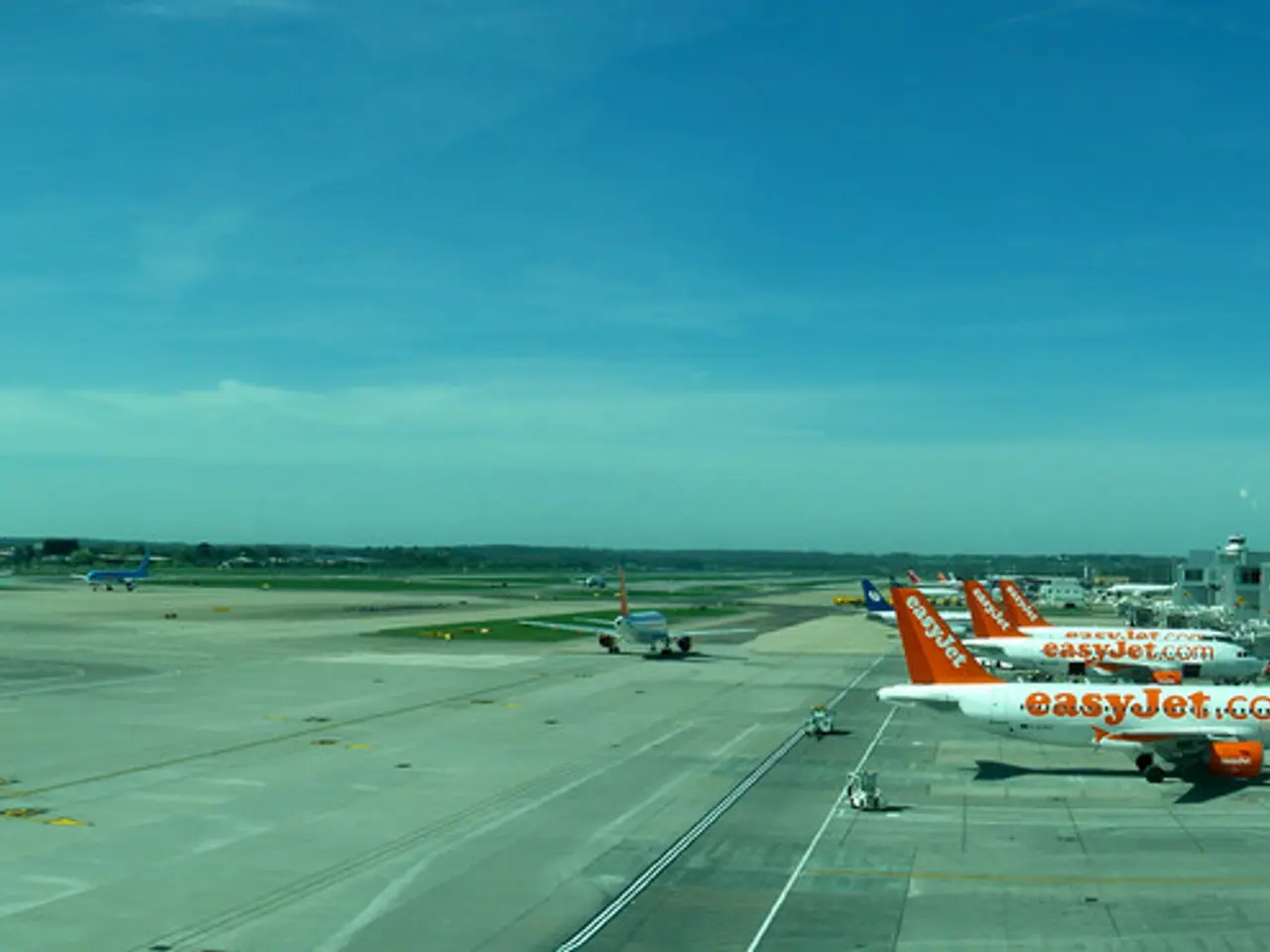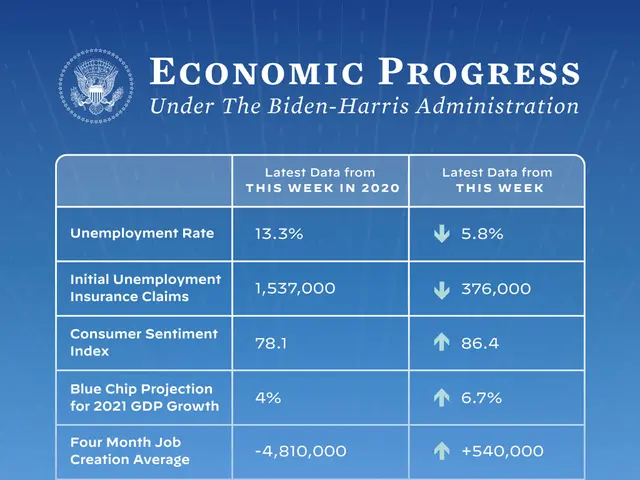Airport Charges Explained: Breaking Down Airport Fees
In the world of aviation, using an airport's facilities and services comes with a cost. These charges, known as airport fees, are an essential part of running an airport, helping to cover expenses such as runway maintenance and Air Traffic Control.
One of the most obvious examples of airport fees is landing fees, which are the most widespread type and are calculated based on the weight of the aircraft. These fees are typically charged at larger airports. For smaller, piston-engine aircraft, the landing fee usually ranges from $2 to $50.
Other common fees include parking/overnight fees, handling fees, fuel service fees, and deicing fees. Parking fees for a small, piston-engine aircraft can range from $10 to $25, while handling fees are generally between $5 and $20. Fuel service fees cover the cost of fueling an aircraft, and prices can vary significantly from one airport to another. Deicing fees, necessary in colder climates, range from $20 to $60.
When it comes to parking, many airports provide a detailed breakdown of their fees on their official websites. For instance, at Sebring Airport in 2025, ramp fees for single-engine piston aircraft are often waived if fueling minimums are met, resulting in no ramp fee. Daily parking fees are approximately $15 per day, with no minimum fuel purchase requirements for parking fees for single-engine piston planes in this example.
Additional fees an airport may charge include aircraft tiedown or parking space rental fees, security gate access fees, and costs for after-hours airport services. However, these fees are generally not imposed on transient piston aircraft. Monthly tie-down or hangar rental fees, on the other hand, can range from $45 monthly upward if based at an airport.
Fixed Base Operators (FBOs) play a crucial role in the aviation industry, providing various services like fueling, hangaring, tie-downs, aircraft rental, private lounges, and maintenance services. It's essential to settle your bill with the FBO before taking off.
At airports without an FBO, the process can be a bit different. In such cases, you may need to find the reception desk of a business at the airport to enquire about the airport fees.
Handling fees cover services like baggage handling and passenger services, and may be waived for smaller general aviation aircraft that meet certain fuel purchase requirements. Overnight fees are charges incurred when parking an aircraft at an airport overnight, with prices varying greatly depending on the airport and its facilities.
Payment methods can vary, but most FBOs and airports accept credit cards and debit cards. Some may also accept cash or checks, but it's always best to check ahead if you plan to pay with these methods.
For comprehensive airport information, including fees, you can use websites like AOPA's Airport Directory, AirNav, and GlobalAir. These resources can help you plan your journey and budget accordingly.
In conclusion, while airport fees can add to the cost of flying, they are an essential part of maintaining safe and efficient airports. By understanding the common fees associated with using an airport's facilities and services, you can better plan your journey and budget accordingly.








